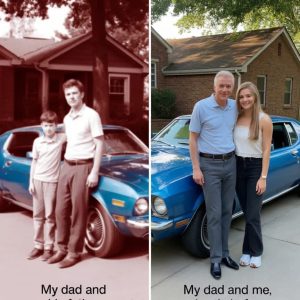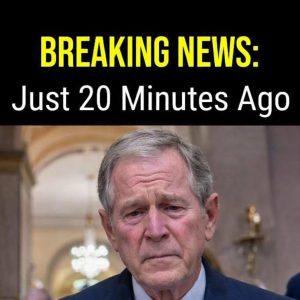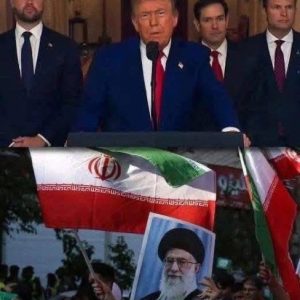Michael Keaton Faces Backlash After Comment on Charlie Kirk’s Assassination
The death of Charlie Kirk has already shaken American politics to its core. The 31-year-old conservative activist, speaker, and founder of Turning Point USA was assassinated on September 10 while participating in a public debate at Utah Valley University. Tyler Robinson, a 22-year-old Utah native, now faces seven counts related to the killing, with prosecutors signaling they will pursue the death penalty if he is convicted.
But beyond the courtroom and the political fallout, Kirk’s assassination has also sparked a wave of cultural aftershocks. Public figures who have commented — or even hinted at commentary — on his death have found themselves in the spotlight, scrutinized for every word. From musicians to media analysts, the line between free speech and insensitivity has become blurred. Now, actor Michael Keaton has found himself caught in that very storm.
A Divisive Remark at a Celebratory Event
On September 15, Keaton attended the 50th anniversary gala of the Investigative Reporters and Editors organization. The Pennsylvania-born actor, known worldwide for his iconic roles in Batman, Birdman, and most recently Beetlejuice Beetlejuice, addressed the audience with a tone of solemnity.
Keaton began his speech by acknowledging Kirk’s family, emphasizing the humanity of loss before politics:
“Regardless of how I probably — not probably — have disagreed with many things he said, Charlie Kirk leaves behind two kids and a wife. You gotta remember that.”
The comment appeared respectful at first, particularly in a climate where many have chosen to mock or dismiss Kirk’s death. But what came next sparked controversy:
“Because in the end, shooting people will never answer anything, and the irony that he was killed with a gun is unbelievable.”
For Keaton, the remark may have been intended as a commentary on the larger problem of gun violence in America — a topic that has long polarized the nation. But for many of Kirk’s supporters, the suggestion of “irony” in his death felt like a thinly veiled jab at Kirk’s lifelong defense of Second Amendment rights.





